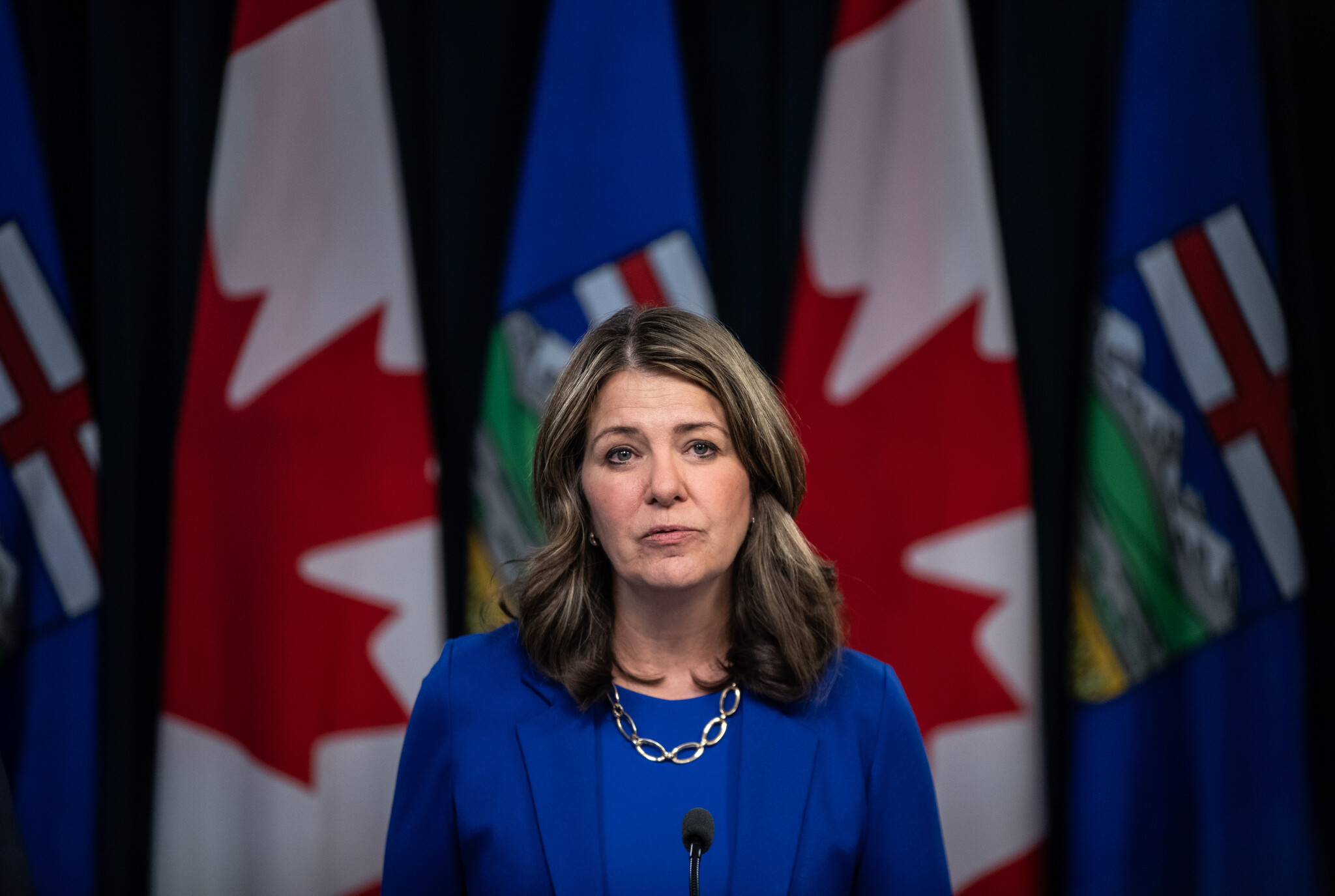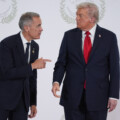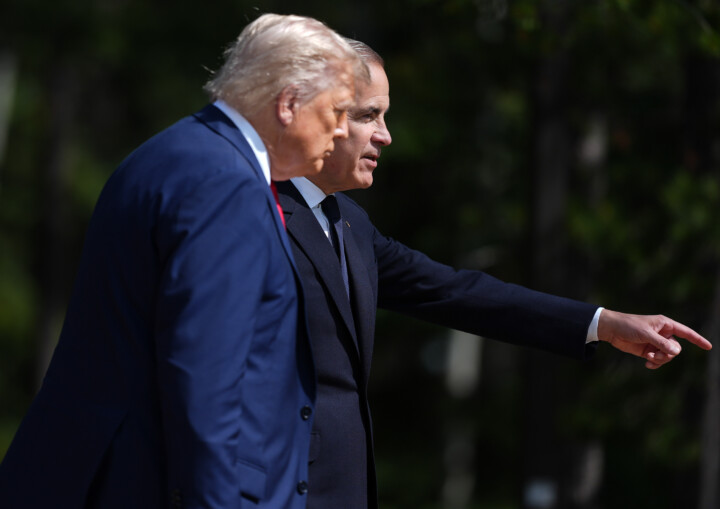In The Weekly Wrap, Sean Speer, our editor-at-large, analyses for Hub subscribers the big stories shaping politics, policy, and the economy in the week that was.
Scapegoating Alberta isn’t actually solving any of Canada’s problems
On a recent trip out West, we asked some members of The Hub community why they thought there was such animus in Central Canada toward Alberta in general and its oil and gas sector in particular. We got a lot of different answers: politics, climate change, culture, envy. But one theory that came to me on the flight home was the French thinker René Girard’s idea of the scapegoat.
Girard isn’t exactly a household name, but he’s had a surprising comeback in recent years, particularly in Silicon Valley circles. Tech types like Peter Thiel have rediscovered him as a guide to understanding how ideas spread, how markets move, and how mobs form. Girard’s basic insight was simple but powerful: When societies are under pressure, they often look for someone to blame.
He called this the scapegoat mechanism. Communities, he argued, are bound together by imitation. We copy one another’s desires, which leads to competition and tension. When that tension builds too high, we relieve it by singling out a culprit. The scapegoat absorbs the community’s anxiety and guilt. Once it’s been symbolically punished or cast out, the rest of us feel temporarily restored.
It struck me that Alberta plays a version of that role in Canadian life. When something goes wrong in the country—when the economy drags, when trust erodes, when national unity frays—we tend to point West. Alberta becomes the stand-in for whatever’s bothering us. It’s an easy story: Those roughneck oilmen, those unrepentant carbon emitters, those political outliers—they’re what’s holding us back.
Of course, the reality is quite different. Alberta’s energy wealth has helped pay for hospitals, schools, and social programs across the country. Its strong labour demand has sustained middle-class employment across the country. Yet it’s still treated as a kind of national embarrassment—a place we rely on but don’t quite want to admit we need.
Girard would say this serves a social function. Scapegoating gives everyone else a sense of virtue and common purpose. But it’s a dangerous illusion. Casting Alberta as the villain might make Central Canada feel morally cleansed, but it only deepens national division and prevents the country from confronting its own failings, including its sluggish productivity, overweening government, and habit of moralizing rather than building.
Blaming Alberta has become a kind of national therapy session—an unhealthy distraction from the country’s real problems. It fractures our sense of common purpose and alienates a province that has done as much as any to make Canada prosperous. Girard warned that societies can’t renew themselves through sacrifice forever. Eventually, the scapegoat grows tired of the role. Alberta surely has. And so should the rest of Canada.

Why is Canada trying to out-Trump Trump?
The whole Stellantis episode this week neatly captures the main problem with Canada’s political economy. Notwithstanding the claim by some that Canadian policy is too laissez-faire, what we actually witnessed was a multi-partisan consensus in favour of corporate welfare.
The debate hasn’t been about whether it’s appropriate for the federal government to transfer billions of scarce public dollars to one of the world’s largest companies. It’s about whether Ottawa should have imposed tougher conditions on the money. The Conservatives, the NDP, and even the Carney government all took essentially the same view: subsidies and protections are fine—they just didn’t negotiate them properly.
Our economic conversation is, in this sense, rather Trumpian. Protectionism and subsidies aren’t the problem. We just need better negotiators.
Does scapegoating Alberta hinder Canada's ability to address its own economic issues?
Is Canada's approach to corporate subsidies 'Trumpian,' and what's the alternative?
What 'radical' economic measures does the article propose for Canada?










Comments (15)
I grew up in Quebec, lived in Alberta for five years and have, somewhat reluctantly, resided in Toronto for much longer than I ever expected. I have visited every province other than Newfoundland. Toronto believes itself a “world class” city which it sorta is but only from a Canadian standpoint. Seriously, few people around the world know of it. That notion does give its residents a certain haughtiness which pisses off the rest of Canada because they know it’s delusional. Albertans do have somewhat of a legitimate beef, providing a disproportionate economic contribution to the country while having to put up the beneficiaries snobbishness. I dont view Alberta as a scapegoat, Trump far and away is the villain for most Canadians, even though he’s been in power less than a year. IMHO the real villains are here in my complacent home province and the one immediately to the east. Coddled oligarchs, vacuous politicians and obstructionist unions have led us, well nowhere really. We are past the brink and it will take a mighty effort to stop, let alone reverse the slide.